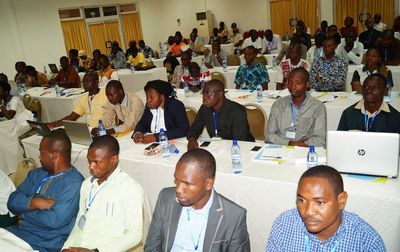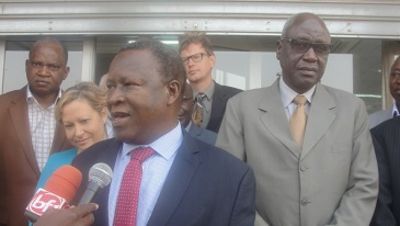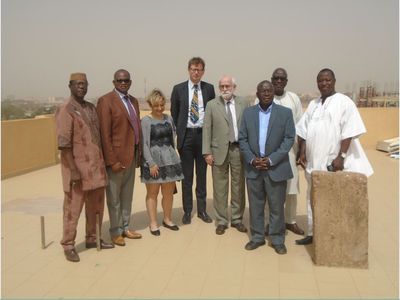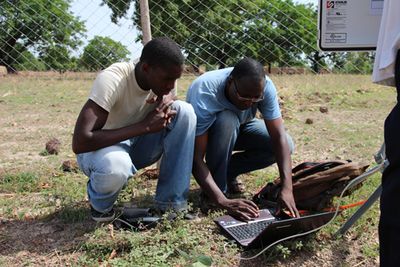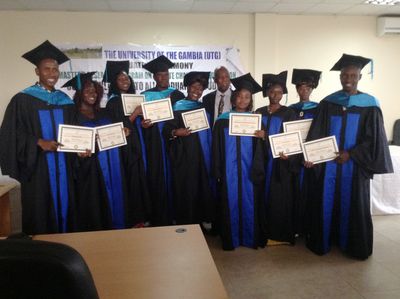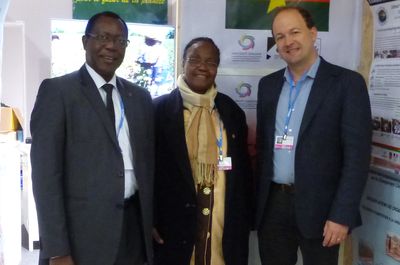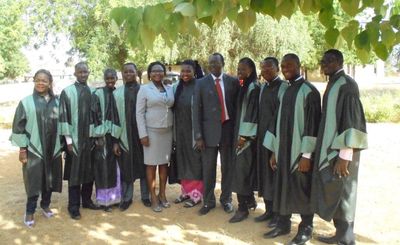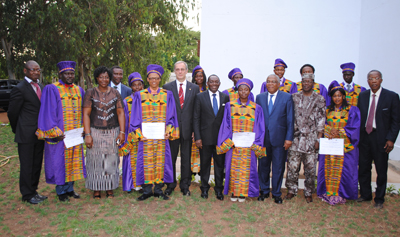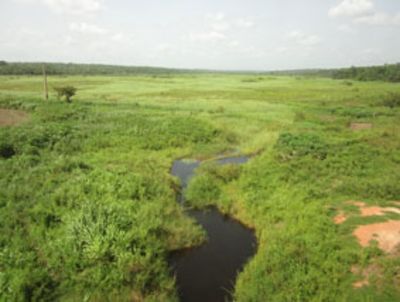The students, who will be studying in 10 of the highest universities in West Africa, expressed delight for the opportunity given them by BMBF through WASCAL. They pledged to fully maximize it to the benefit of the career and West Africa as a whole.
The scholarship also forms part of WASCAL’s commitment to training and building the capacity of the next generation of African scientists to champion the fight against climate change, while influencing governments and policy makers. The graduate program also aims at designing strategies to adapt to threats, opportunities and uncertainties of climate change within the region.
The 100 students, comprising 60 Doctoral Research Program and 40 Master’s Research Program Students were drawn from Ghana, Nigeria, Niger, Mali, Togo, Benin, The Gambia, Senegal, Burkina Faso and Cote d’Ivoire. They will be moving into their various universities, depending on the climate change thematic courses they have chosen to pursue.
This is the third batch of students admitted into the WASCAL program since the inception of the WASCAL Capacity Building Program in 2012. So far 255 students have benefited from the scholarship program. The postgraduate program is a partnership between 10 West African Universities and selected German Institutions.


